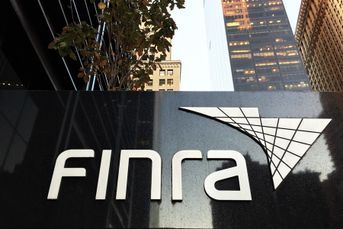Commonwealth advisers turning to private equity

IBD's advisers have invested $70 million of client money in PE funds over the past two years.
An earlier version of this story incorrectly reported the total that Commonwealth advisers have invested in private equity.
As the number of publicly listed companies continues to shrink, brokers and advisers who work with Commonwealth Financial Network are increasingly turning to private equity as an alternative investment, according to a senior executive with the firm.
Over the past couple of years, Commonwealth advisers have invested about $70 million in private equity, typically using funds of funds for their wealthiest clients, said Susan Kelly, head of alternative investments at Commonwealth. Ms. Kelly was interviewed Thursday during Commonwealth’s annual meeting for advisers.
Commonwealth advisers have about $150 billion in client assets, she said. About $3.4 billion is invested in nontraded alternative investments, including private equity funds. Other types of alternatives include nontraded real estate investment trusts and business development companies.
A couple of years ago, the firm’s advisers had no investment or allocation to private equity funds, she said. The private equity funds are only for advisers’ wealthiest clients, with some requiring a net worth of at least $5 million before they can invest.
“Advisers are saying, there’s a lot of volatility in the public market,” Ms. Kelly said. “They are asking, where can I go and get equity exposure with much less beta correlation and less volatility.”
“The last two years, a lot of the talk has been around private equity,” Ms. Kelly said. “We’ve had a lot of advisers who want to get into the private equity market. It’s also a function of advisers growing and working with more ultra-high-net-worth clients. They want something more than mutual funds.”
Commonwealth, as a firm, does not make a case for a certain allocation across assets classes, she said. “We leave it up to the adviser,” she said, noting that in 2018 none of the asset classes for alternative investments have done well.
“So, it’s tough to make a case for alternative investments, but that is when you may want to actually make a case as an asset class,” she said.
She also noted that the number of public companies was as high as 5,000 before decreasing to 3,000, while the number of private companies has increased.
(More: JPMorgan Chase to make alt investments available to the many)
Learn more about reprints and licensing for this article.








